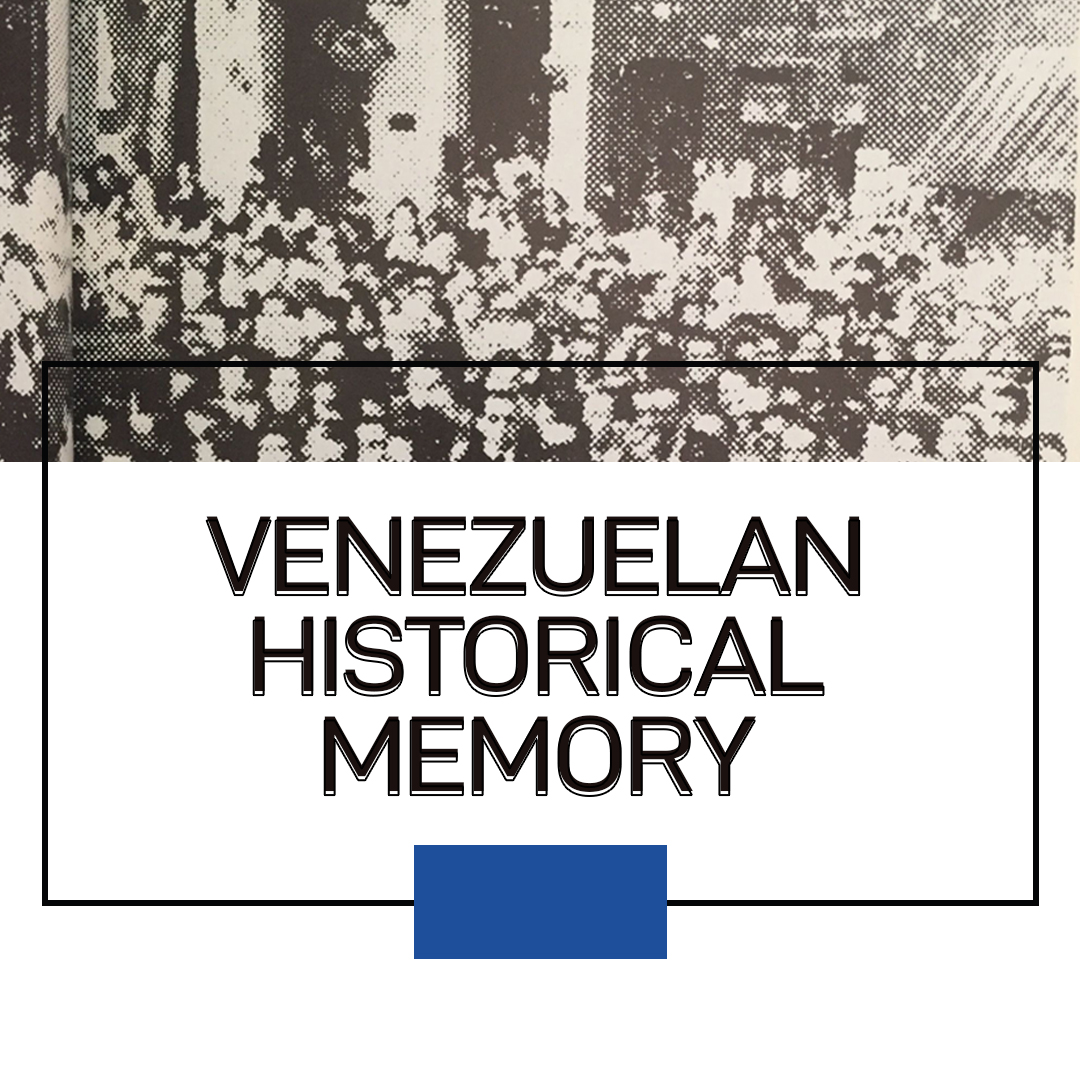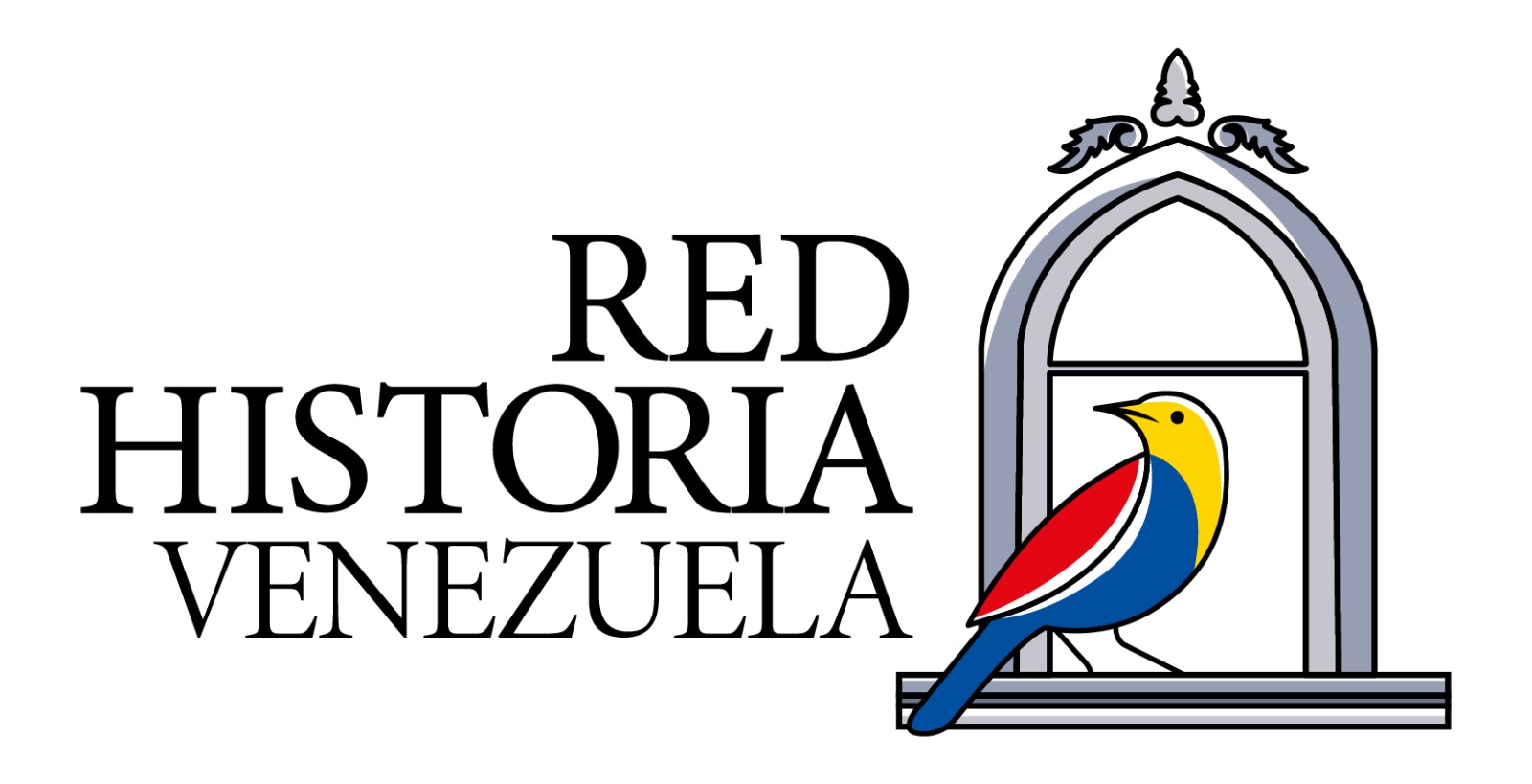
Venezuela has lagged behind other countries in Latin America when it comes to digitization and preservation of its own public and private collections. Scholars and academic institutions have warned about the risks and neglect many local repositories are facing. The lack of training, experts, and the absence of financial resources to undertake digitization initiatives have effectively hindered digitization efforts in Venezuela.
This situation was not always the case. The country has had a strong tradition of compilation and publication of selected sources of historical and cultural relevance. From the Manuel Landaeta Rosales Fund, the Archivo Histórico de Miraflores, or the Fundación para el Rescate del Acervo Documental de Venezuela (FUNRES), to the specific contributions undertaken by archivists and historians like Virginia Betancourt, Pedro Grases or Ramon J. Velazquez, which all symbolized the commitment to the preservation of the historical memory of the nation in the twentieth century.
As heirs to that tradition, the Venezuela History Network has four main goals:
• Protect the cultural heritage of the country in its written, oral, or visual forms through digitization. This includes the dissemination of the knowledge generated from the access to digitized primary sources.
• Contribute to the formation of technical and technological capabilities for those communities and individuals interested in preserving their cultural heritage but who do not have the technical knowledge or resources to preserve it.
• Fill the institutional gap currently existing in the country where no public or private institution is prepared to confront the challenges of adequately preserving archives at risk.
• Generate new historical content from digitized collections to nurture public and academic discourse regarding Venezuela’s past. The foundation hopes to promote new reflections and innovative discussions that incorporate different perspectives, voices, and methodologies about the country’s history.

